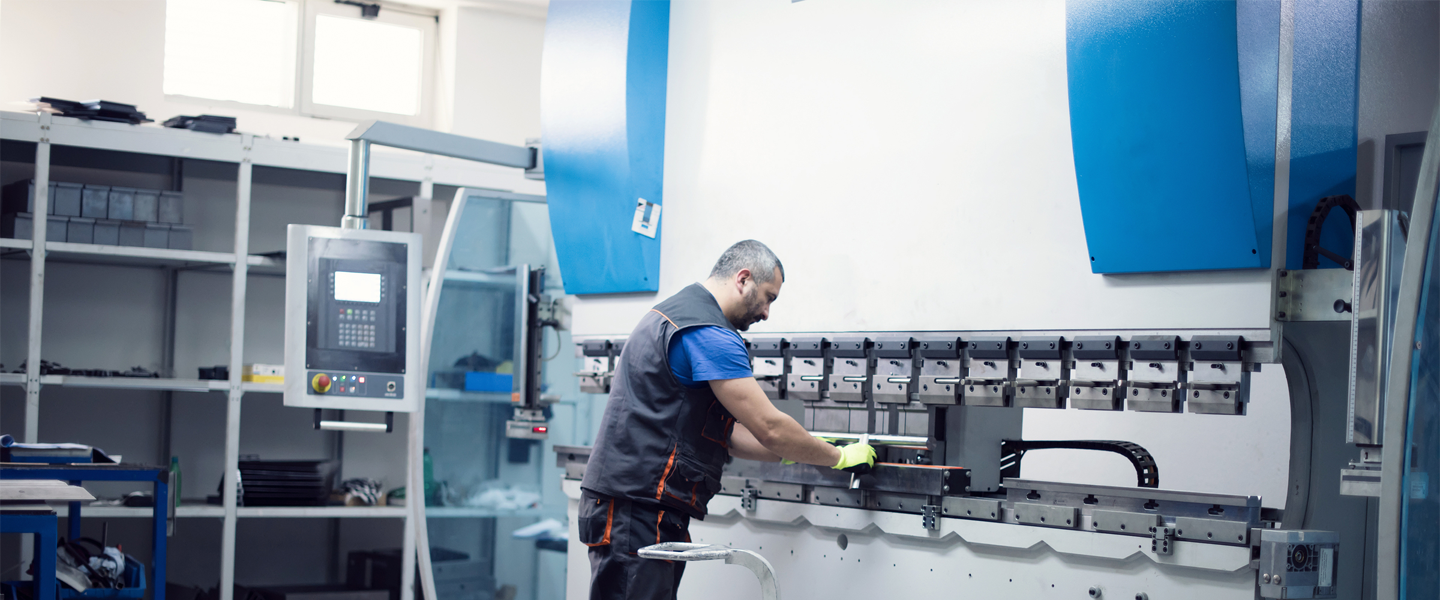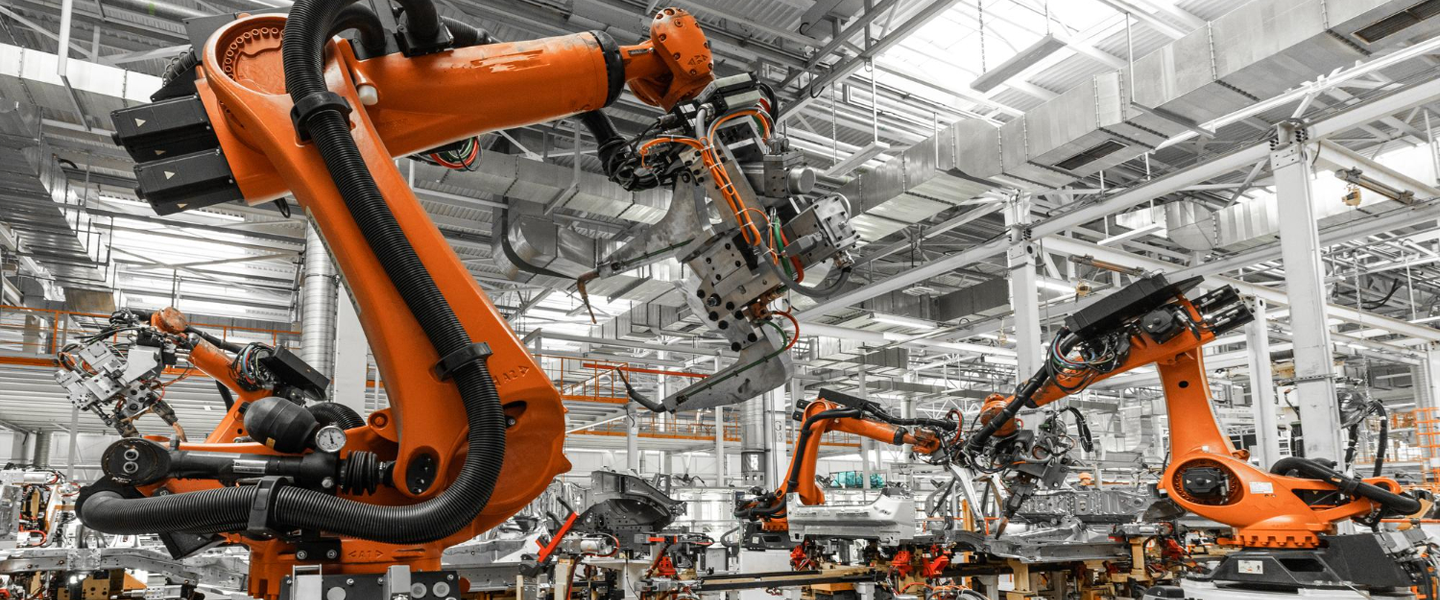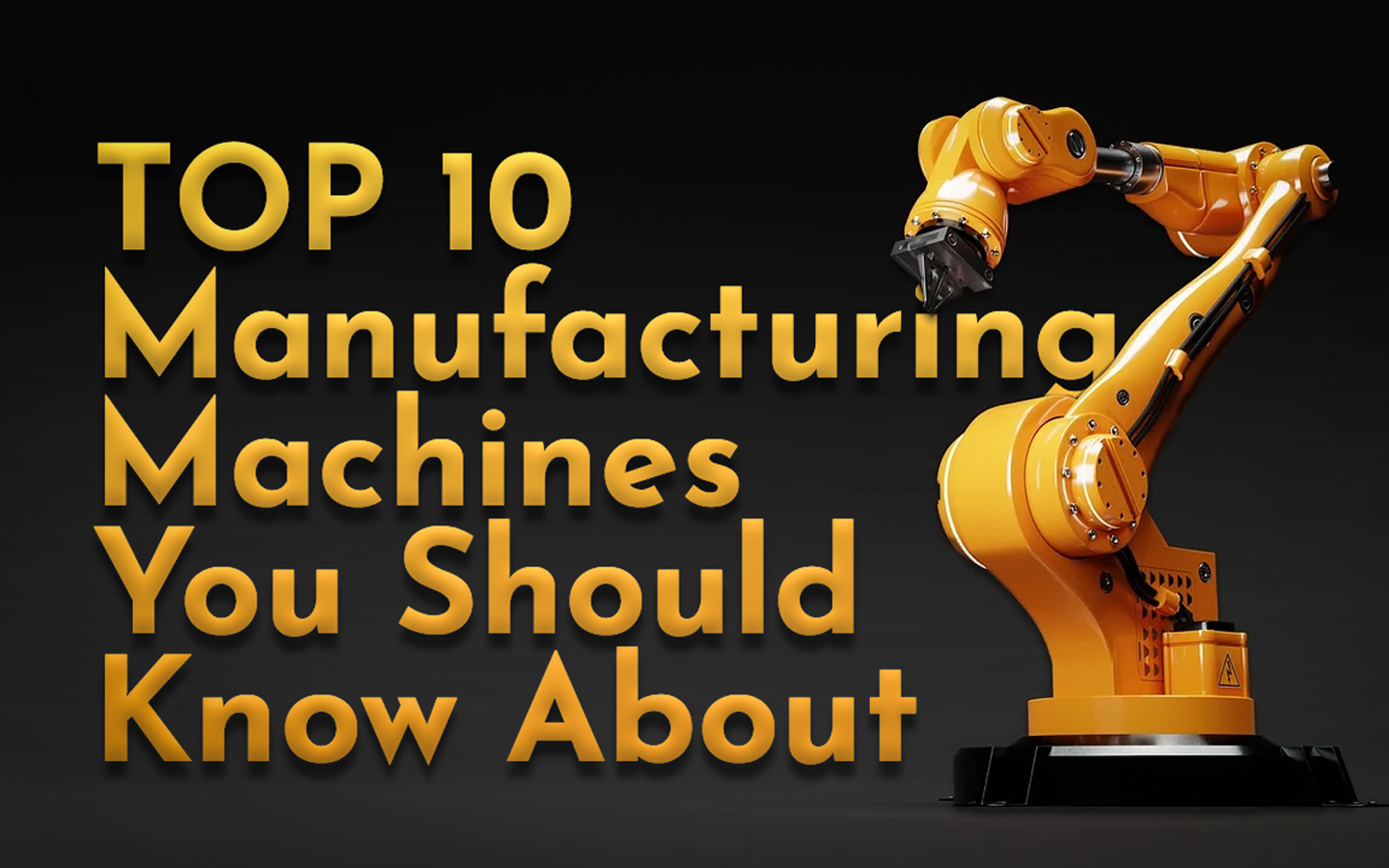Top 10 manufacturing machines you should know about
The manufacturing industry has undergone huge changes in recent years. Modern technology, automation and the digitalisation of production processes have led many companies to use advanced machinery that not only increases productivity but also improves product quality. With this in mind, below we will introduce you to the top 10 best and arguably most important production machines that anyone in the industry should know.
1. Sheet metal laser cutting machines
We will start with the key machines for the metalworking industry – laser cutting machines. This technology is extremely precise and efficient. This is because laser machines use a laser beam to precisely cut metals, including steel, aluminium or copper. Due to its ability to cut complex shapes, laser cutting is often used in the automotive, aerospace and furniture industries.
Modern laser cutting machines are characterised by high operating speeds, low material consumption and minimal production waste. Models from the best companies on the market, are valued for their cutting quality and advanced features such as automatic adjustment of cutting parameters.

2. Press brakes
Press brakes are an indispensable piece of equipment in the sheet metal processing industry. They are used to bend sheet metal at different angles, which is essential in the production of structural components, enclosures or panels. Thanks to advanced CNC (Computer Numerical Control) technology, such machines allow the precise bending of materials according to design.
They also enable fast and accurate bending, with repeatability. Importantly, today’s press brakes are equipped with automatic calibration functions and intuitive interfaces that make operation easy even for less experienced operators.
3. CNC Machines
CNC machines are another key component of modern manufacturing. These advanced machines enable precise machining of materials such as metal, wood or plastics using programmed codes. CNC machines are indispensable in many industries, including automotive, aerospace and furniture.
They typically enable simultaneous machining in several axes, which significantly reduces production time and increases accuracy. Thanks to their integration with CAD/CAM systems, CNC machines are capable of realising the most complex designs.
4. Laser welding machines
Laser welding is one of the most advanced welding technologies that is gaining popularity in industrial production. The process involves joining materials using a concentrated laser beam to produce extremely precise and durable welds.
They are characterised by high accuracy and speed, as well as the ability to weld hard-to-reach areas. As a result, laser welding is used in the production of automotive parts, electronics and high-strength structural components.
5. Waterjet cutting machines
Waterjet cutting technology, known as waterjet, is an alternative to laser cutting, especially for materials that are not suitable for laser processing, such as ceramics, stone or glass. The process involves cutting through the material using a high-pressure water jet, sometimes enriched with an abrasive.
In addition, such machines are extremely versatile and allow different materials to be cut without affecting their thermal structure, which is crucial in many industries. Moreover, they are environmentally friendly as they do not emit harmful fumes or pollutants.
6. Industrial robots
Robotisation is the future of manufacturing. Industrial robots are becoming more and more common in production facilities around the world. With their ability to perform repetitive tasks with high accuracy, robots speed up production processes and reduce errors.
Currently, many companies on the market offer advanced industrial robots that can be used for tasks such as welding, painting, assembly or packaging. By integrating with automation systems, robots can work fully autonomously, increasing the efficiency of production facilities.

7. 3D printing machines
3D printing is a revolution that is changing the way prototypes and small batches of products are produced. The technology allows the creation of three-dimensional objects from materials such as plastic, metal or resin, based on a digital design.
Advanced 3D printers are used in industries such as medicine, aerospace and automotive. This is because 3D printing enables the production of complex shapes that are difficult to produce using traditional methods.
8. Plastic injection moulding machines
Injection moulding machines are the primary machines used in industry to manufacture plastic products. The process involves injecting heated material into a mould, where it hardens and takes on the desired shape. With this technology, both small components and large structural parts can be produced. They offer state-of-the-art solutions that minimise energy consumption and maximise production efficiency, making them extremely effective.
9. Automatic assembly lines
Automation of assembly processes is key to success in many industries, including automotive, electronics and white goods. Automated assembly lines assemble products from a variety of components, eliminating the need for manual assembly.
Current high-quality assembly lines offer us advanced assembly automation systems that can operate continuously, thereby increasing productivity and reducing production costs.
10. Plasma cutting machines
Plasma cutting is a process in which conductive materials such as steel or aluminium are cut using a plasma jet. The technology is fast, precise and inexpensive, making it popular in the metalworking industry.
Such machines offer, for example, advanced plasma cutting systems that enable even thick materials to be cut quickly, while maintaining high edge quality.



